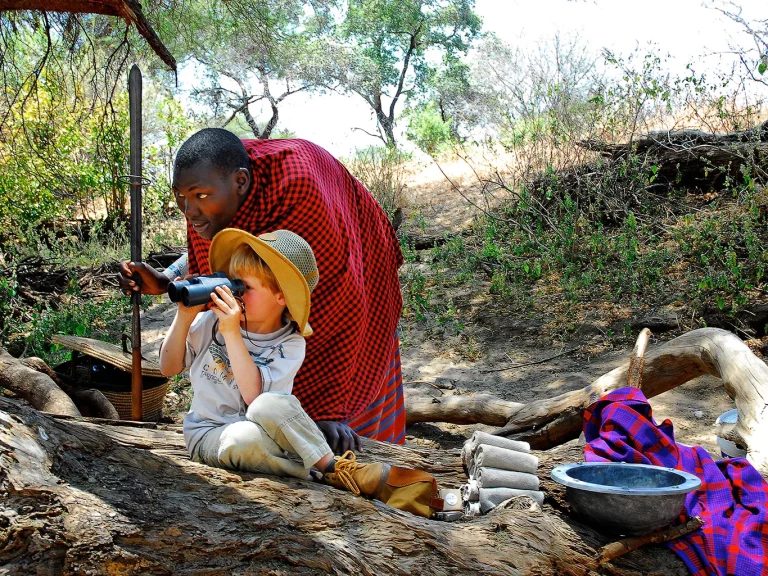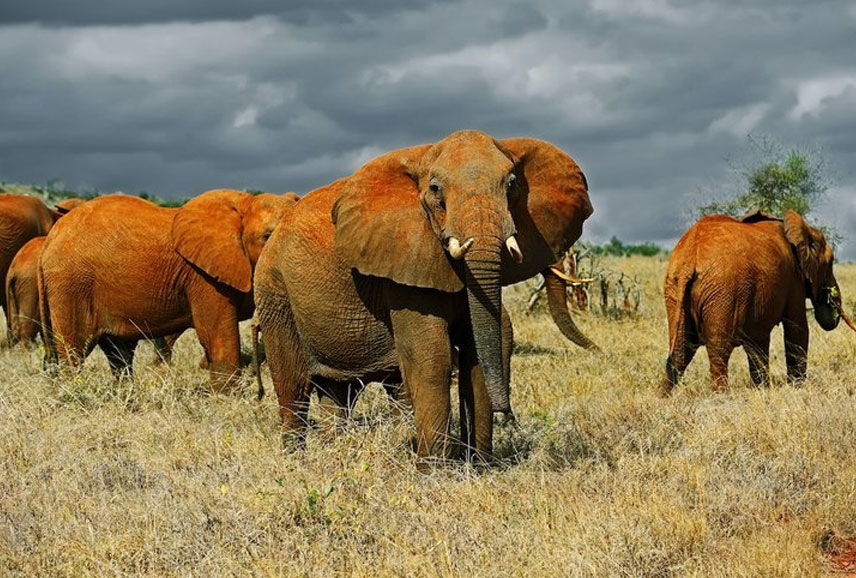Best Tips To Picking Kenya Mombasa Train
Wiki Article
What Transport Arrangements Should I Be Aware Of Prior To My Vacation In Mombasa Kenya?
Knowing the different options for transportation for Mombasa is essential to have an enjoyable and successful holiday. Consider these key transportation options:
1. How to get there from Mombasa
Moi International Airport, also known as MBA is the airport that serves Mombasa. It is a hub for international as well as domestic flights. Mombasa is served by a variety of major airlines.
By Train By Train: The Madaraka express, which is operated by Kenya Railways provides a comfortable and modern train service from Nairobi to Mombasa.
By Bus: Several bus companies, such as Modern Coast and Coast Bus offer bus routes between Mombasa and the other cities in Kenya.
2. Local Transport in Mombasa
Taxis are easily available. Uber and Bolt, two popular companies for ride-hailing in Mombasa offer convenient transportation options.
Tuk-tuks are three-wheeled vehicles that are very popular and affordable to travel in cities. They are suitable for shorter distances.
Matatus are minibuses equipped with an shared driver. They are able to travel on a certain route. They are the most popular form of public transport. It is an affordable alternative, but it can be crowded.
Boda-bodas can be found for those who wish to move quickly and conveniently especially for short distances or in areas where there is significant traffic.
3. Car Rentals
Hire a car at the airport or in the city. Car rental companies both local and international firms offer a variety of vehicles. Be aware of local driving regulations and traffic laws.
Service for chauffeurs For those who aren't keen on driving by themselves, there are chauffeur driven rental car services available.
4. Ferry Services
Likoni ferry: This ferry links Mombasa island with the southern part of the mainland city. It is essential for pedestrians to get to the southern beach. Vehicles pay a fee.
5. Excursions, Day Trips, and Other Activities
Tour Operators provide excursions to many of the most popular destinations including Mombasa Marine National Park Fort Jesus and the nearby beaches Diani and Nyali. These tours usually include transportation.
Public Transport: Independent travelers can travel to various destinations taxis, matatus or tuk-tuks.
6. Walking and Cycling
Bicycle Rentals: Some regions, particularly along coastline, provide bicycle rentals to enjoy a leisurely ride.
Walking: In certain parts of Mombasa (especially the Old Town area and the beaches) it is possible to walk.
7. Travelers' Tips
Safety: Always choose trustworthy taxi companies and stay clear of public transportation in the late hours of the night. Be aware of your possessions.
Negotiation: In the event of taxis and Tuk-Tuks, it is best to negotiate your fare prior to your trip. Meters aren't commonly used.
Traffic: Heavy traffic is expected during peak hours around the Likoni Ferry, central business district, and in other areas.
Knowing these options and making the right choices will ensure that you have an enjoyable holiday in Mombasa. Check out the best park funzi for more tips including africa in kenya, safari a nairobi, mombasa tour packages, mombasa safaris kenya, tours and safaris in kenya, kenya holiday packages, mombasa tour packages, mombasa safari, tour firms in kenya, safari company kenya and more.

What Cultural Sensitivity Considerations Should I Be Aware Of While Traveling In Mombasa, Kenya?
It is essential to respect local culture when traveling to Mombasa. This will make you to enjoy your trip more. Here are a few important considerations:
1. Respect Local Dress Codes
Mombasa is home to a significant Muslim population. It's respectful to dress modestly when in public areas, religious sites, and local neighborhoods. This includes covering shoulders, chest and even knees.
Beachwear: Swimwear is appropriate on the beach, but it is recommended to wear a cover-up before leaving the beach or visiting nearby restaurants and stores.
2. Religious Sensitivity
Visiting mosques. If you want to visit a place for worship, you have to first get permission. You should also dress modestly. Women are encouraged to cover their heads. Everybody should take off shoes prior to entering.
Prayer Times: Be aware of the five prayer times of the day and be considerate during these times, especially if you are near the mosque.
3. Photography Etiquette
Ask for permission to take photographs, particularly in rural or traditional settings. Some people will feel uncomfortable and think they are being ostracized.
Restricted areas: Do not photograph in areas that are sensitive including government buildings, military installations or other cultural sites in which photography is not permitted.
4. Social Interactions
Salutations: It's important to say hello courteously. A typical greeting in Swahili is "Jambo" (Hello). For Muslim women it is considerate to wait until they extend their hands before they greet, or to simply greet with a verbal greeting.
Personal Space: Be respectful of your personal space and be mindful of any physical contact particularly with the opposite sex in conservative settings.
5. Cultural Taboos and the Norms
Public Exhibits of Love are frowned on.
Left Hand Use In tradition, the left-hand is not considered clean. Use your right hand for eating, greeting and greeting others and also for exchanging goods as well as money.
Feet: Showing the soles of your feet, or the point of your feet towards others is considered rude.
6. Language and Communication
Basic Swahili. Being aware of some Swahili basic phrases can go a great way to build rapport with locals and showing respect. Common phrases include "Asante" (Thank for your time) and "Habari" (How are you? ).
Politeness: Always be polite and patient in your communication. Kenyans appreciate courteous and respectful interactions.
7. Follow local customs
Respecting traditional practices Respecting the traditional rituals and customs. Follow your host's lead if you are invited to attend an event held locally.
Bargaining: In markets as well as local stores, bargaining is common. Be sure to bargain with respect and good humor. It's more of an art rather than a battle.
8. Alcohol and Smoking
Alcohol is available in most areas, but should not be consumed openly. Beware of drinking in public.
Smoking is generally forbidden in public areas. Smoking areas are usually marked.
9. Environmental Respect
It is a crime to litter. Respect nature, wildlife, and other animals.
Conservation: Respect local wildlife, habitats and conservation efforts. Avoid buying products that come from endangered species.
10. Supporting Local Communities
Local Businesses: Help local businesses, artisans and markets in order to help boost the local economy.
Responsible Tourism: Ensure that you are choosing eco-friendly travel which benefits the local population.
If you follow these guidelines on cultural sensitivity, your visit to Mombasa will be more relevant, respectful, and enriching. Take a look at the most popular Diani Beach taxi for more info including kenya travel packages, tour and travels, african safari kenya, tour firms in kenya, holiday packages mombasa, safari trips in africa, kenya tour operator, tours and safaris, safari tour, safari a nairobi and more.

What Safari And Tour Arrangements Do I Need To Know For My Holiday In Mombasa Kenya?
When you're planning a tour or safari in Mombasa Kenya It is crucial to think about all the elements that will make your trip unforgettable. Remember these essential elements:
1. The Best Safari and Tour Operators
Reputation: Select a reputable tour operator with a good reputation. You can find accredited tour operators via the Kenya Association of Tour Operators.
Check out the different packages offered by tour companies. Packages are available in a variety of budget and luxurious levels, offering various durations, lodgings and activities.
Guides: Make sure that the tour operator provides experienced, knowledgeable guides. They must be vetted by the relevant organizations.
2. Most sought-after Safari Destinations starting from Mombasa
Tsavo National Park The largest game reserves in Kenya divided into Tsavo East and Tsavo West. The park is famous for its variety of wildlife, including rhinos and elephants and lions.
Amboseli National Park, famous for its large elephant herds. It also has breathtaking panoramas of Mount Kilimanjaro.
Shimba Hills National Reserve, close to Mombasa provides beautiful landscapes and the possibility of seeing rare animals such as the Sable antilope.
Maasai Mara: Although farther from Mombasa but it's renowned for the Great Migration and offers an unparalleled encounter with wildlife.
3. Safaris and Tours - Types
Game Drives are an old-fashioned safari, which involves 4x4 vehicles for game drives, providing close encounters of wildlife.
Walking safaris: A guided walking tour is a wonderful way to discover the bush while learning about the smaller species of flora.
Balloon Safaris are offered in a few parks, including the Maasai Mara. They give you a bird’s-eye view of wildlife.
Beach and Bush Combos. Combine a Safari with time at the beautiful Mombasa beach to create a unique experience.
Cultural Tours: Include excursions to villages within the local area or historical sites such as Fort Jesus and Mombasa Old Town.
4. Timing and Duration
The best time of year to visit: The dry period (June - October) is a great time for wildlife to gathers around watering sources. The Great Migration in the Maasai Mara is usually seen between July through October.
Safaris can range from day trips to extended adventures. Take note of your schedule and how much time in the bush you'd like to spend.
5. What should you pack
Clothing Light comfortable, breathable clothing with neutral colors. Include the long sleeves as well as pants for evening protection against mosquitoes.
Shoes Walking boots that are comfortable and comfy shoes are essential, especially for walking safaris.
Accessories: Sunscreen, sunglasses and insect repellent are all necessary items.
Gear: Binoculars and a camera with memory cards as well as extra batteries are necessary for observing wildlife and taking pictures.
Take all medications you require. Take into consideration bringing antimalarial medicine, a basic first-aid kit, as well as any other medications you may have.
6. Health and Safety
Vaccinations: Ensure you have the recommended vaccinations, and carry the certificate of vaccination if needed.
Malaria prevention is easy: Use insect repellents, wear long-sleeved clothes at night, and think about the use of antimalarial medications.
Water and Food Security Drink clean or bottled water, and eat at safe restaurants.
7. Payments and Costs
Budgeting is important. Budgeting your spending is crucial. Look into all-inclusive packages which include meals, accommodation and activities.
Payment Methods: Most operators accept credit cards as well as bank transfers. Check the payment method and the deposit required.
8. Environmental and Ethical Questions
Choose eco-friendly operators:
Wildlife Protection: Pay attention to wildlife and keep a secure distance. Do not disturb animals. Avoid purchasing products that are made out of endangered species.
9. Travel Insurance
Travel insurance should cover safari activities, medical emergencies and potential travel interruptions.
10. Bookings and Confirmation
Book well in advance. Safaris tend to be extremely popular and tend to fill up fast during peak seasons. Make reservations in advance.
Confirm all information with your tour operator including the time of pickup, the itinerary, and contact information.
You can enhance your Kenyan trip by arranging a safari or excursion that's well-organized, fun, and enjoyable from Mombasa. Read the top kisite mpunguti marine for more examples including kenya beach mombasa, mombasa tours, mombasa travel agency, kenya holiday packages, safari and tours, africa in kenya, african safari tours kenya, afri safari, kenya safari packages, facts about kenya and more.
